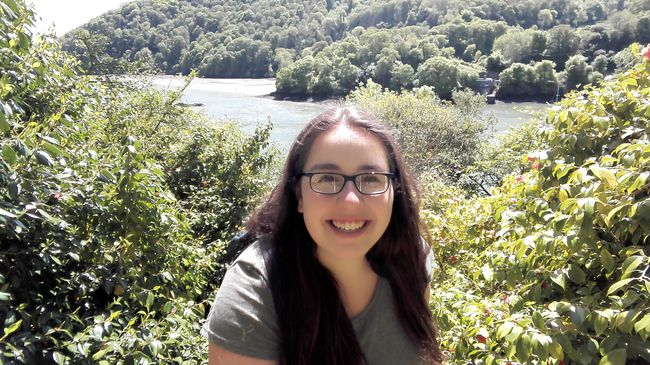Ireland: Wicklow
Julkaistu: 24.06.2018
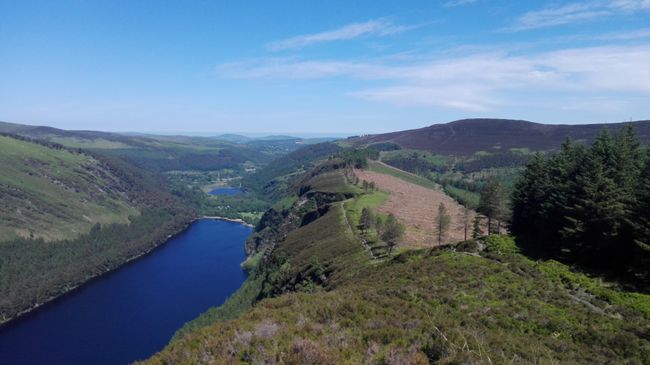
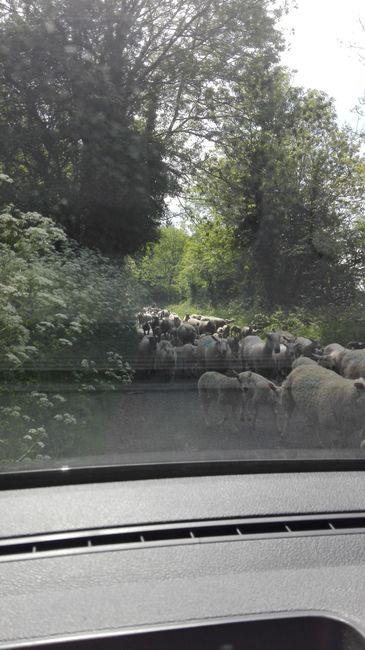
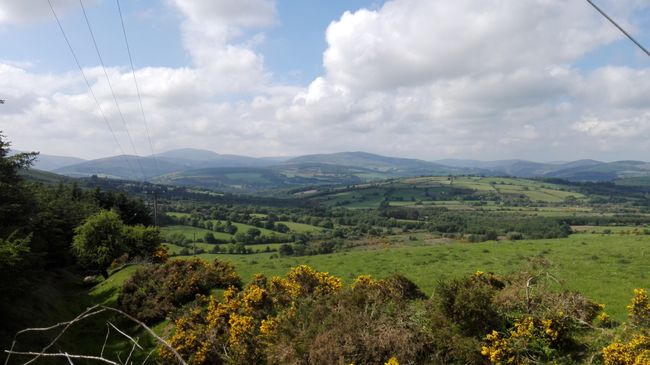
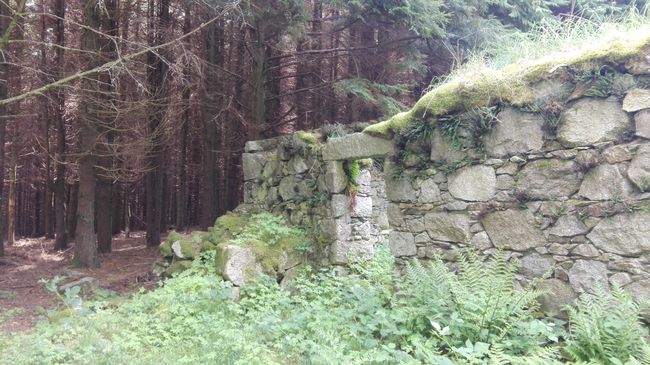
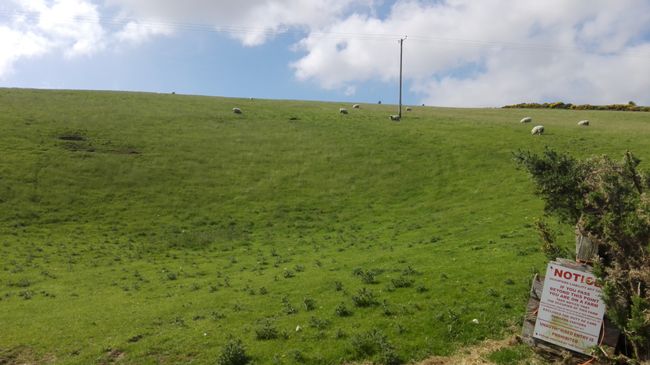
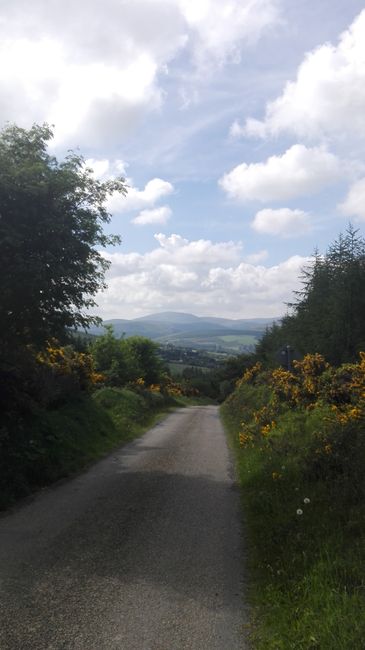
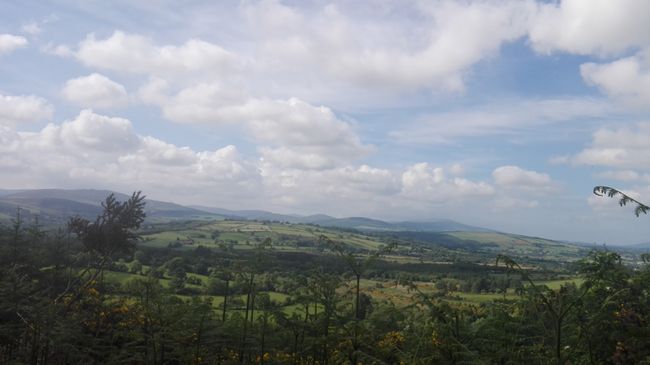
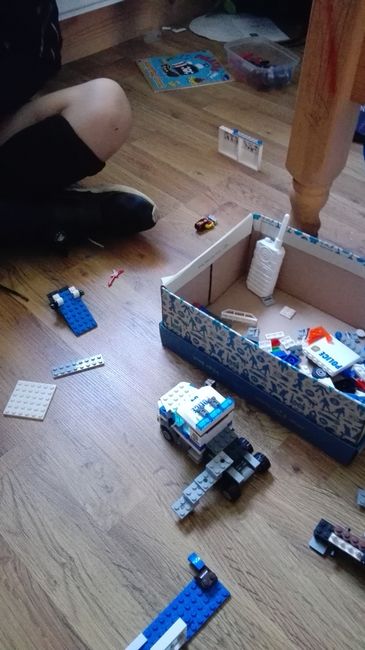
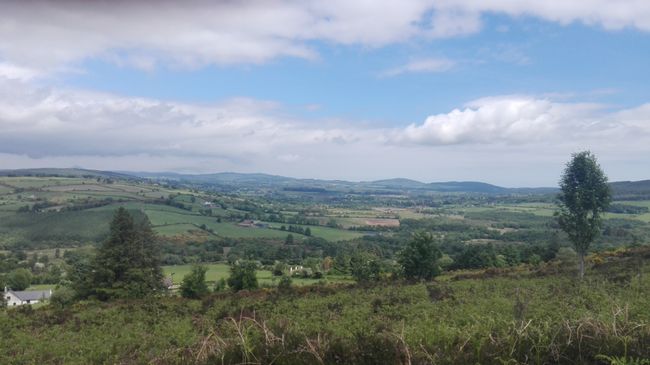
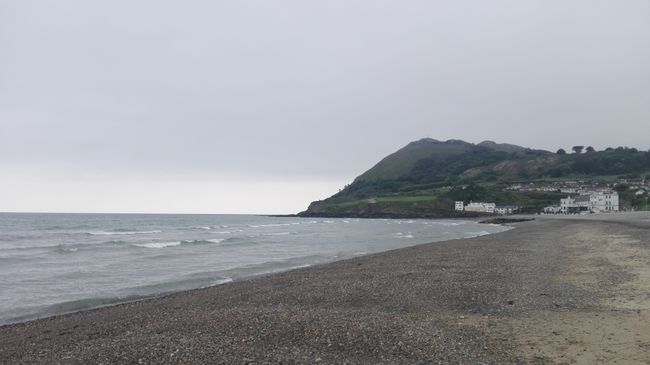
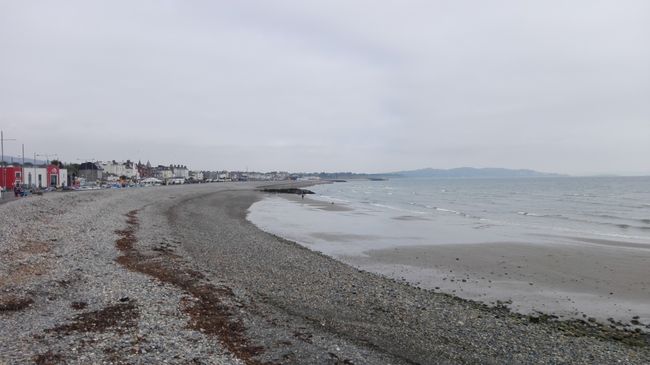
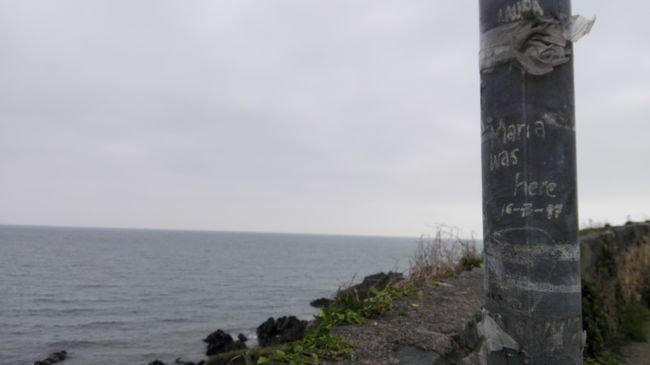
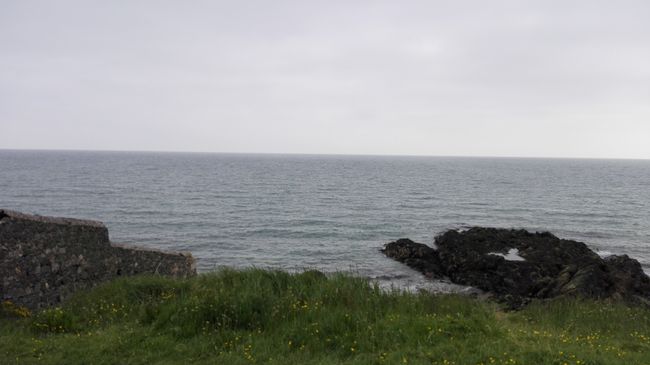
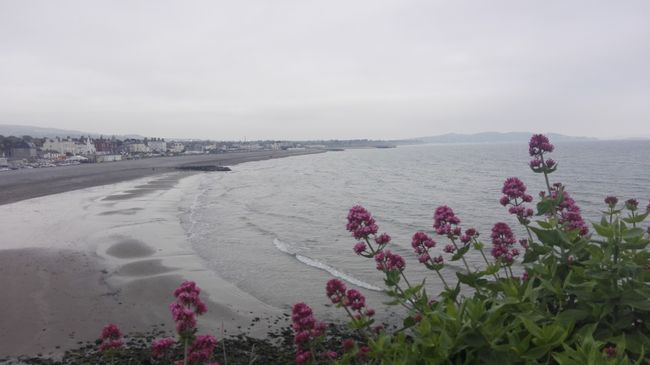
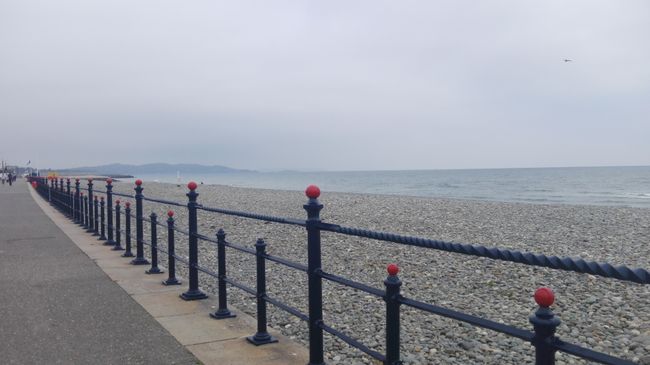
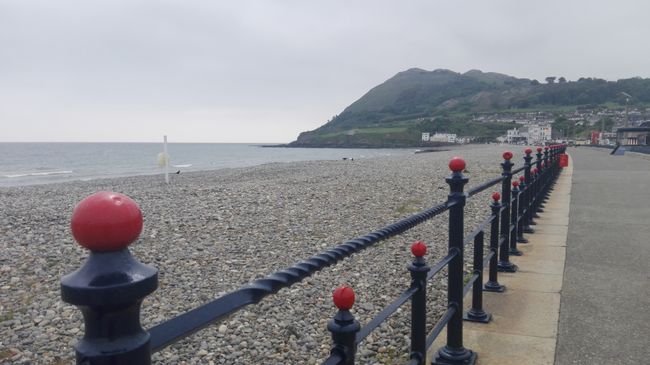
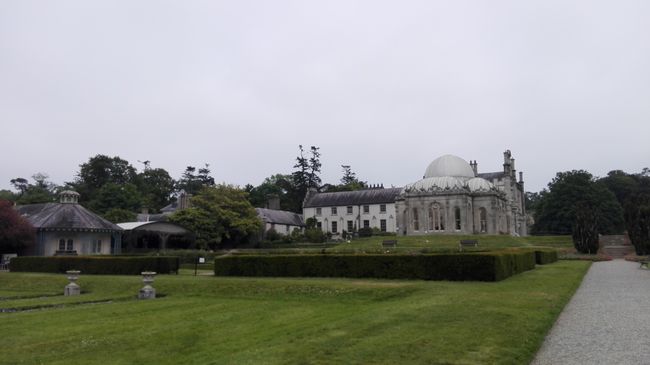
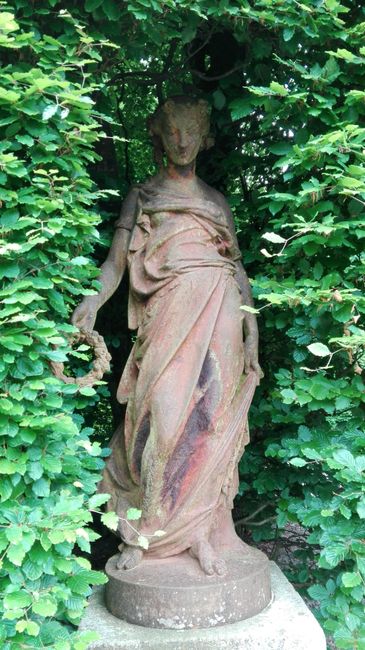
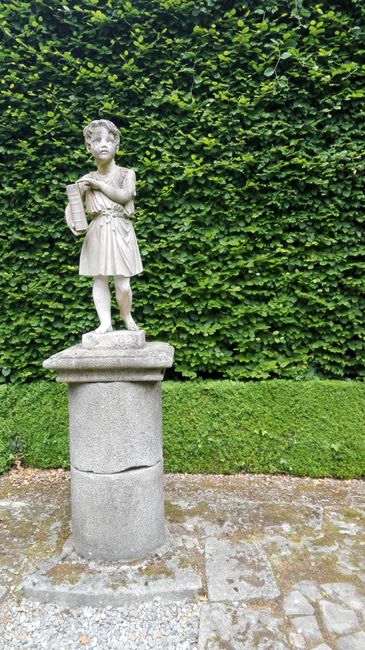
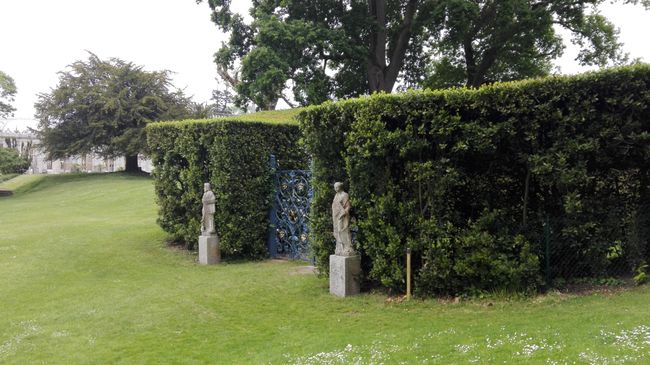

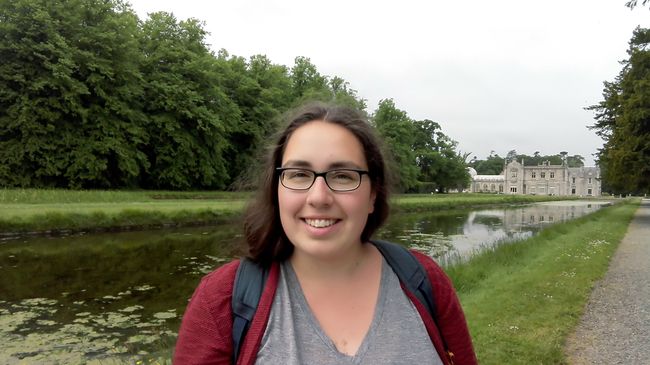
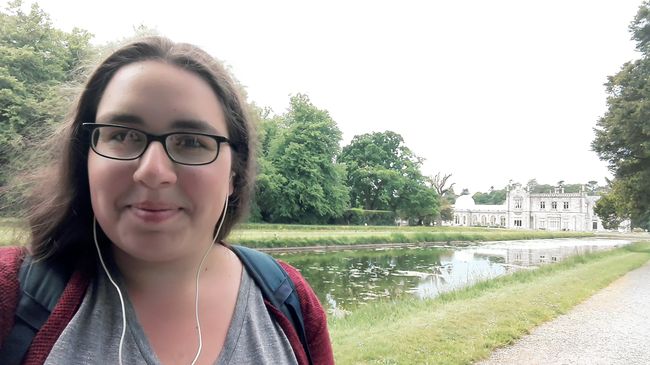
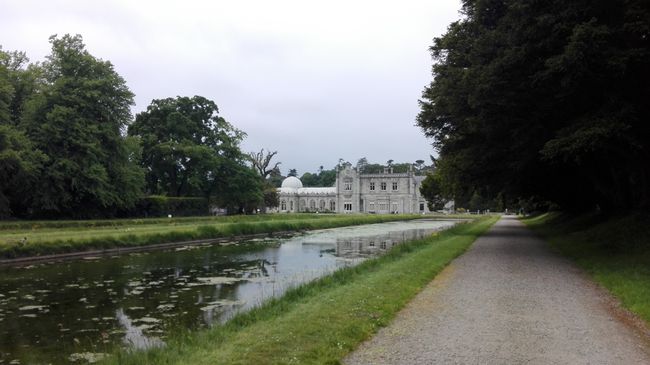
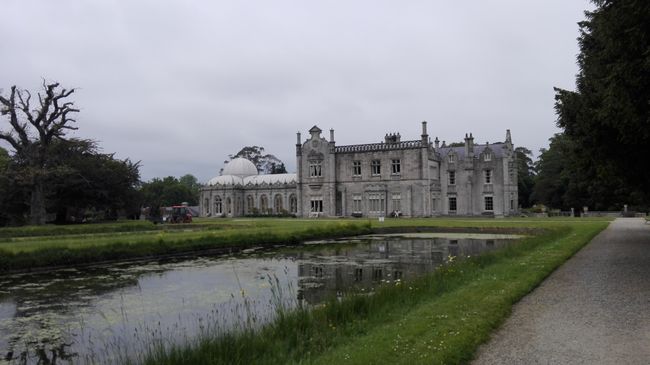
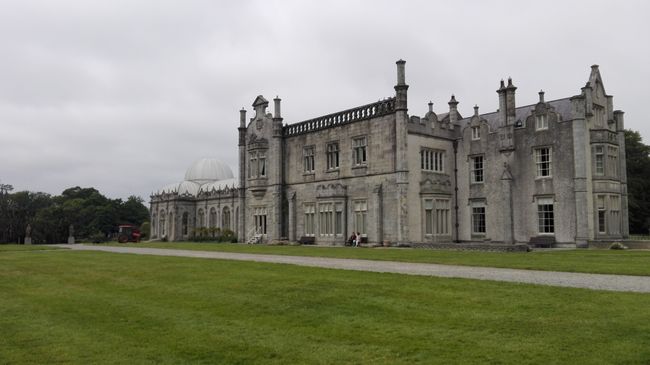
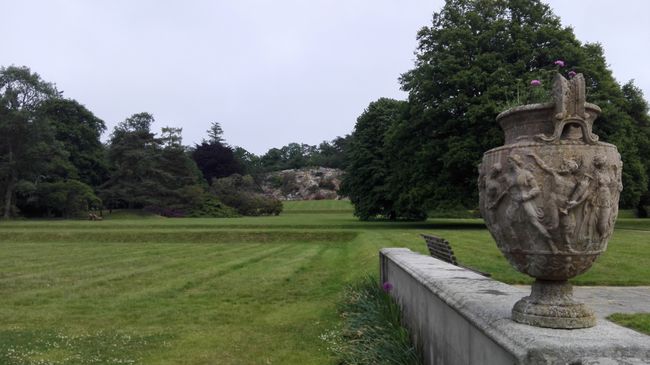
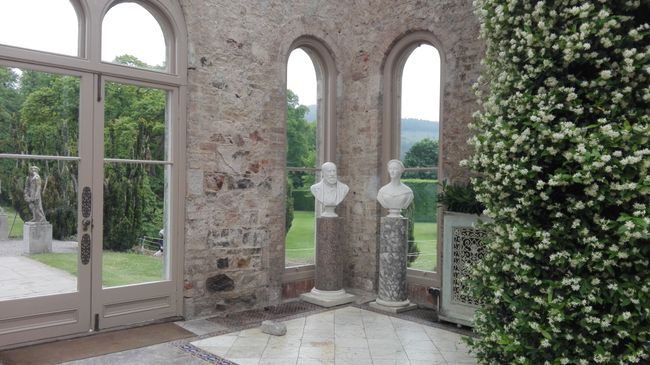
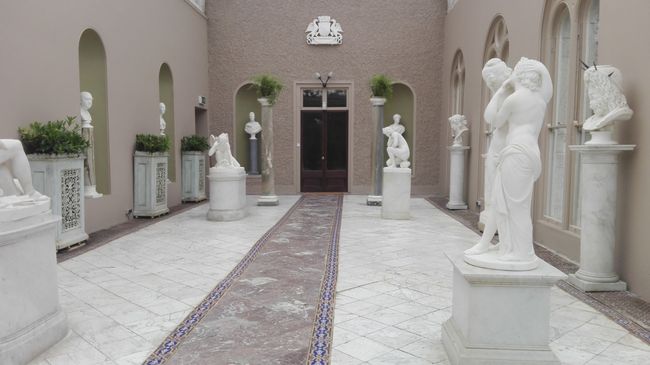
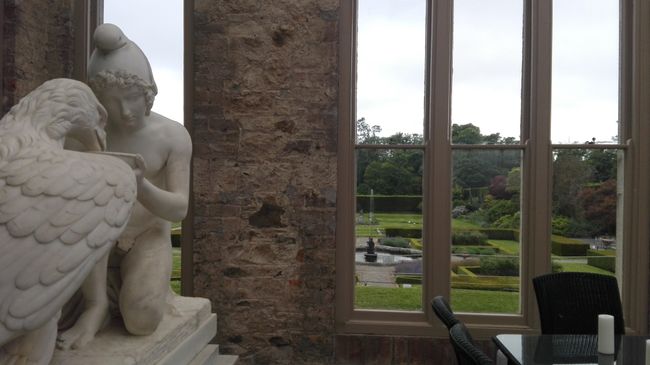
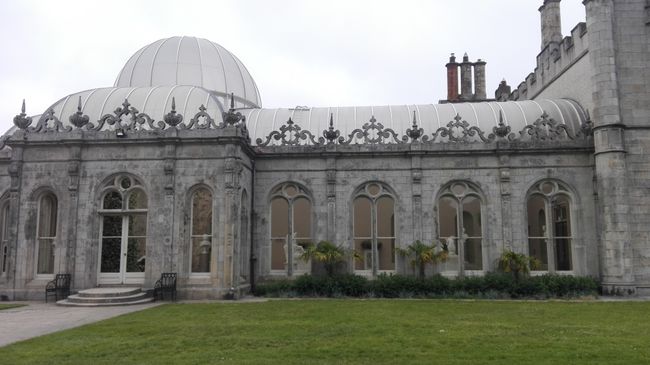
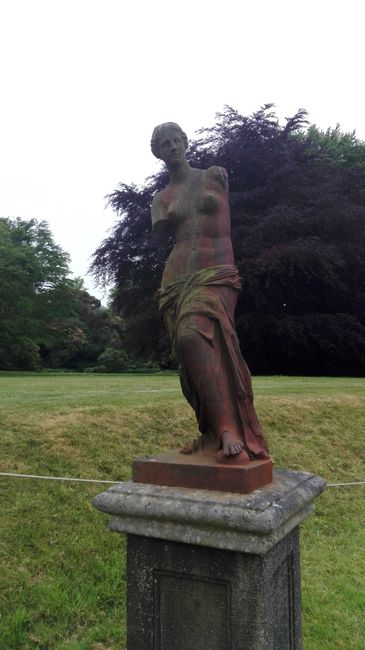
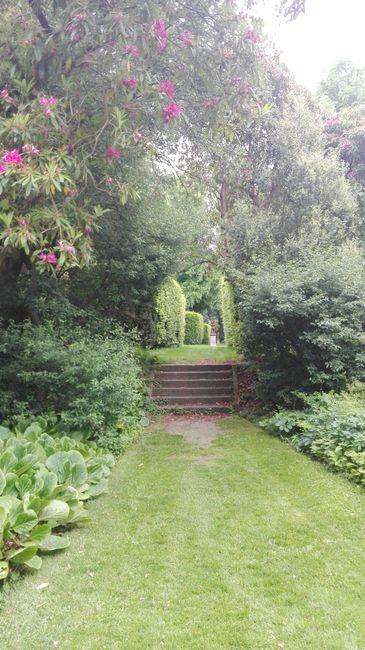
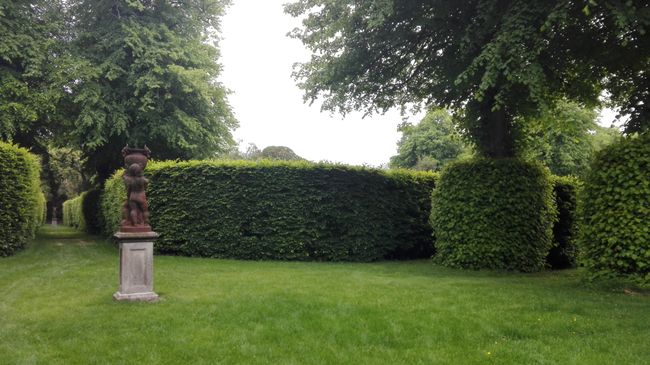
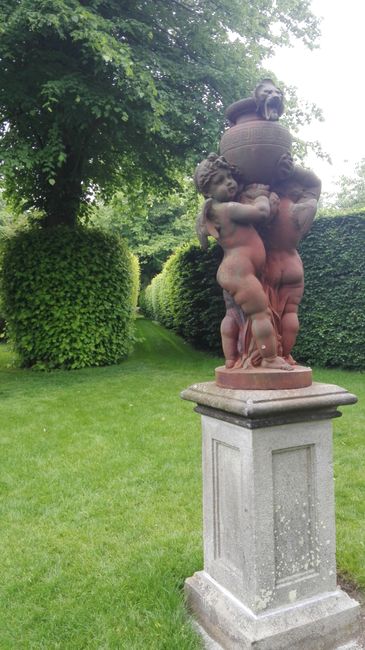
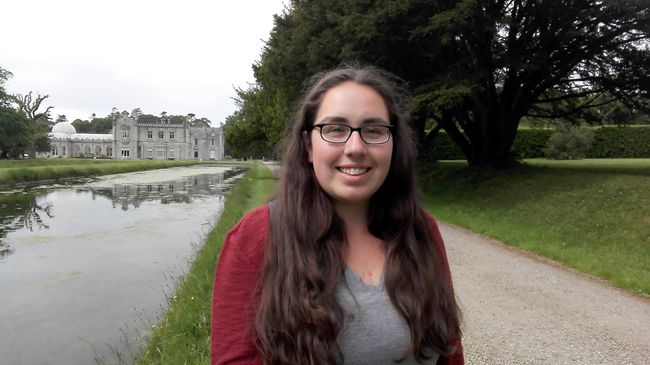
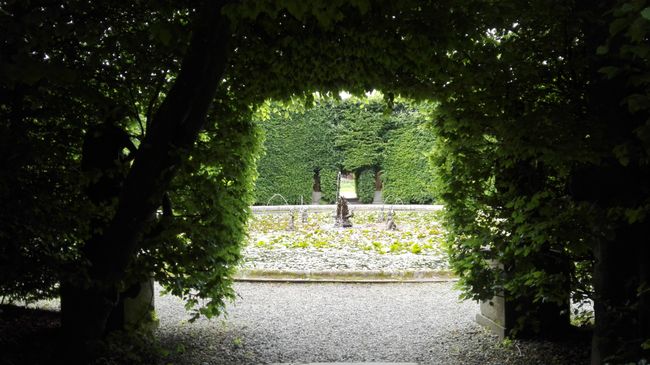
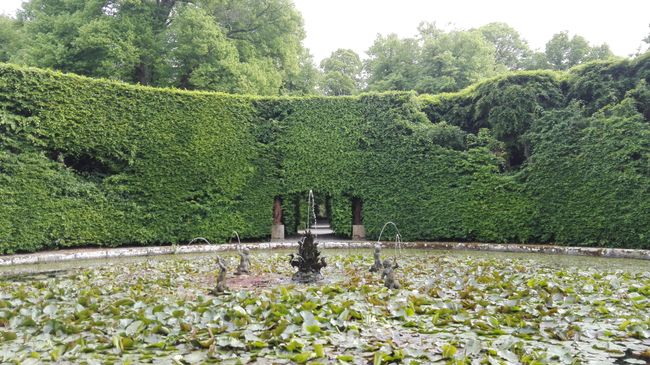
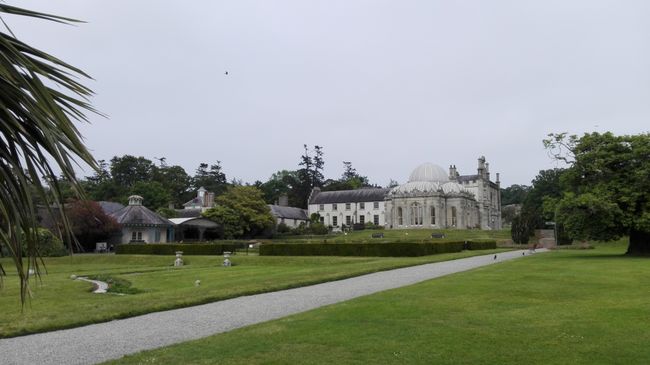
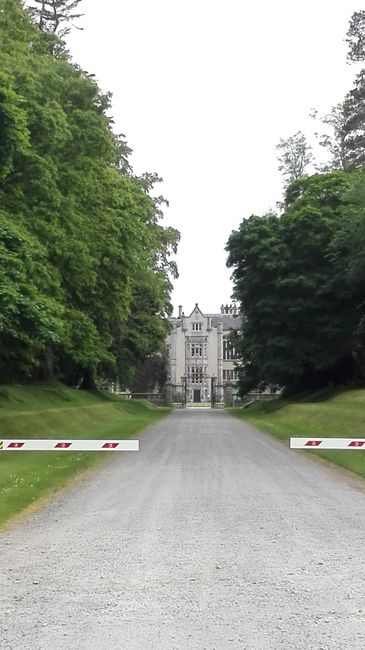
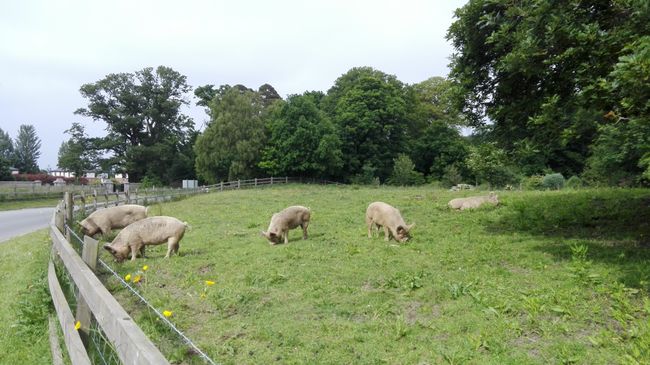
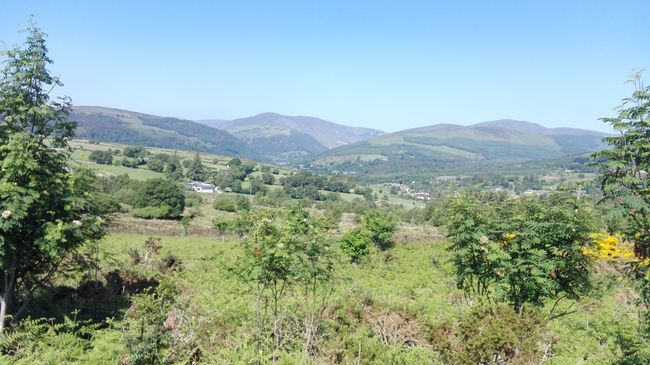
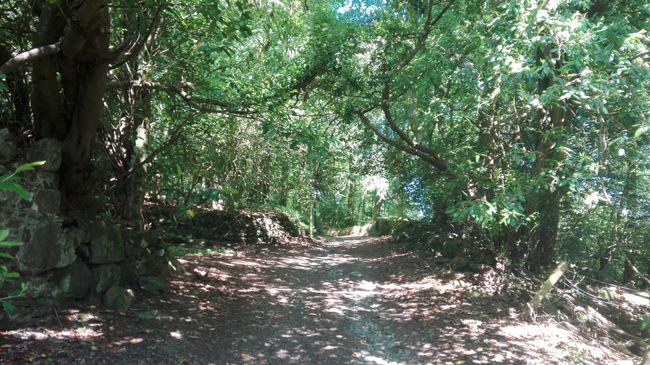
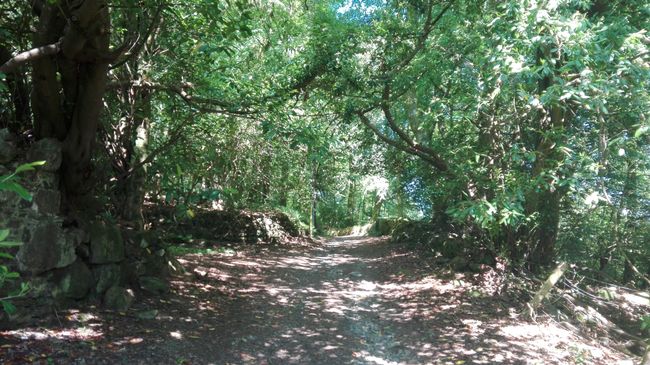
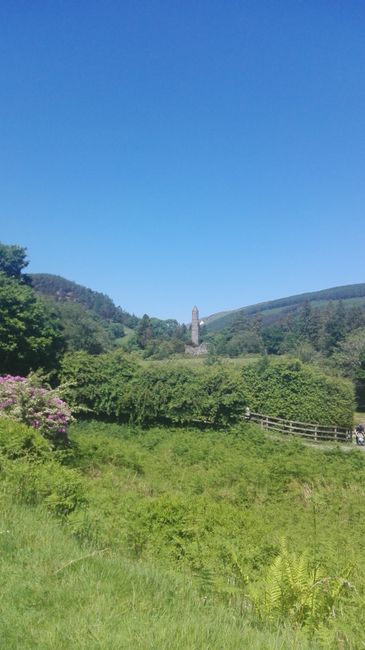
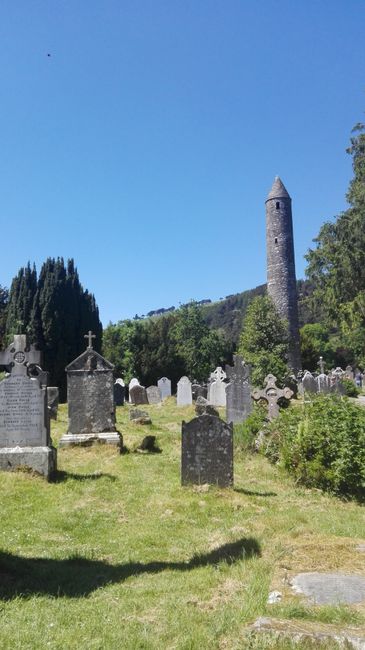
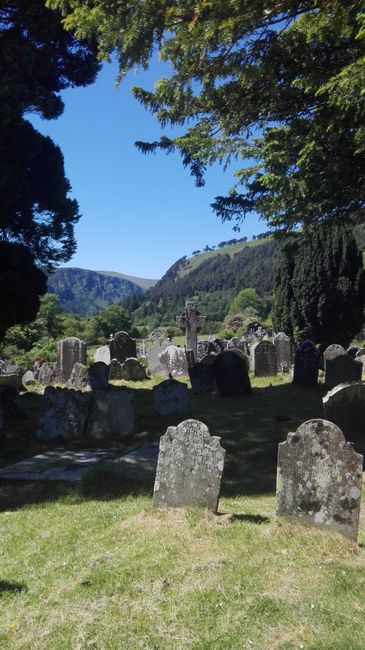
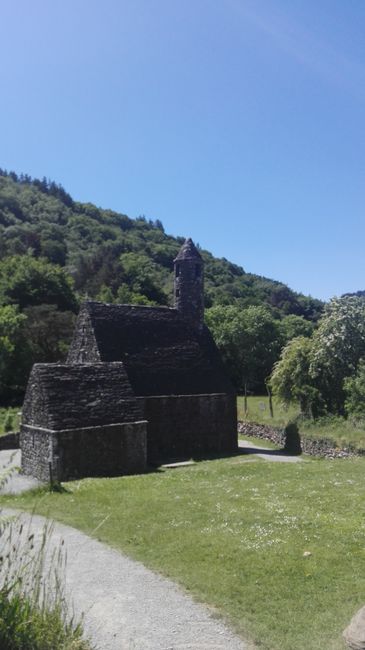
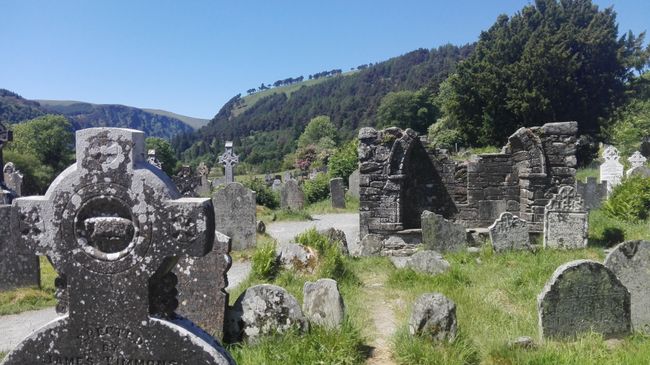
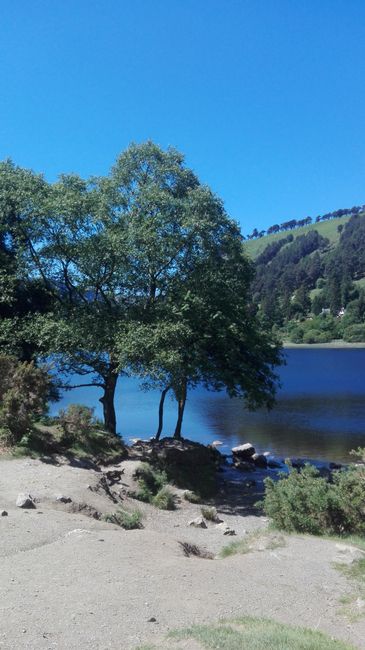
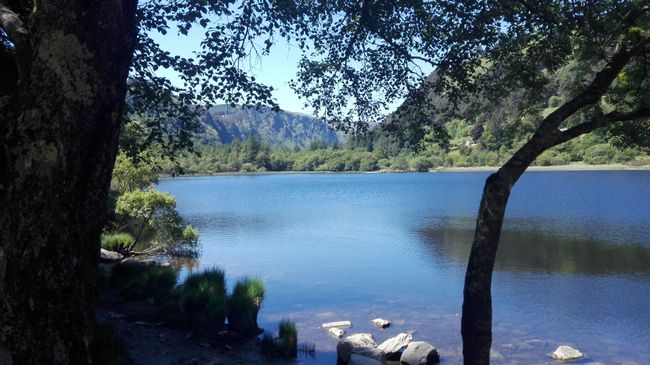
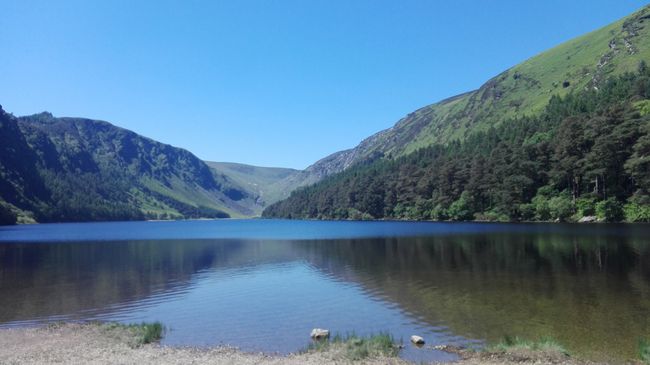
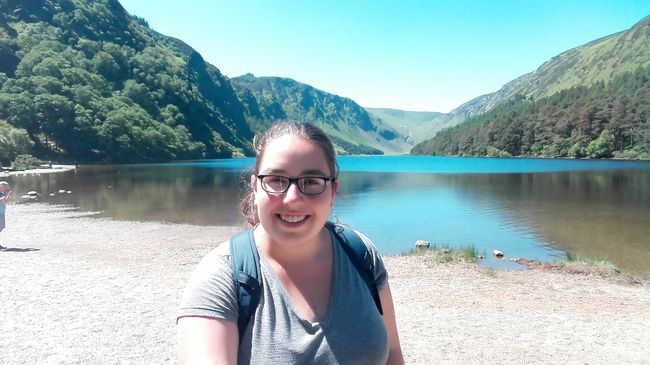
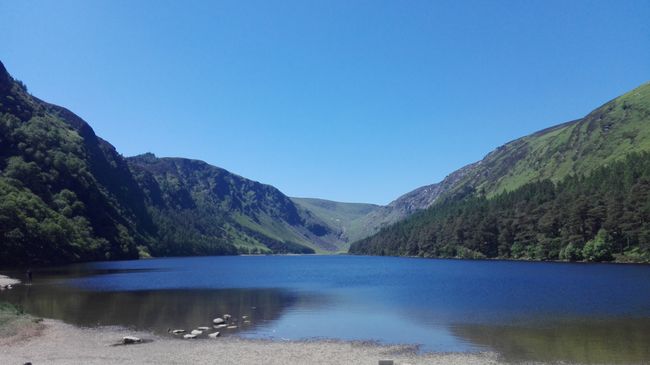
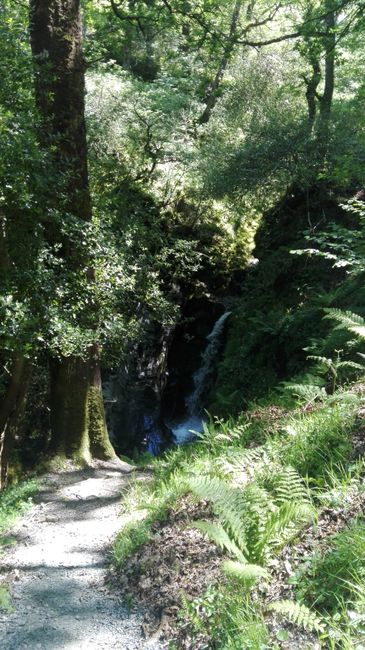
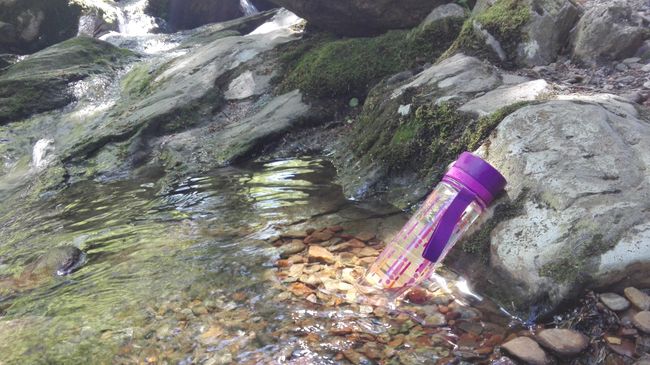
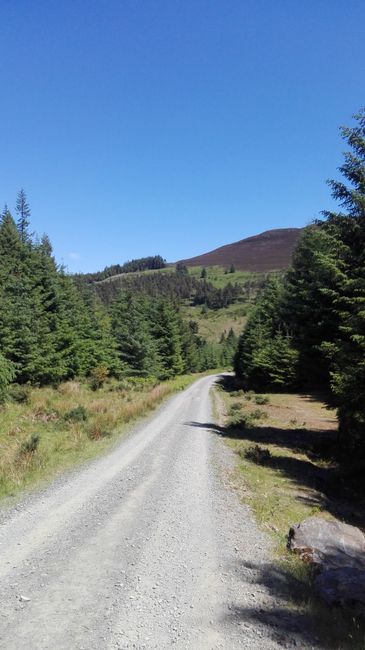
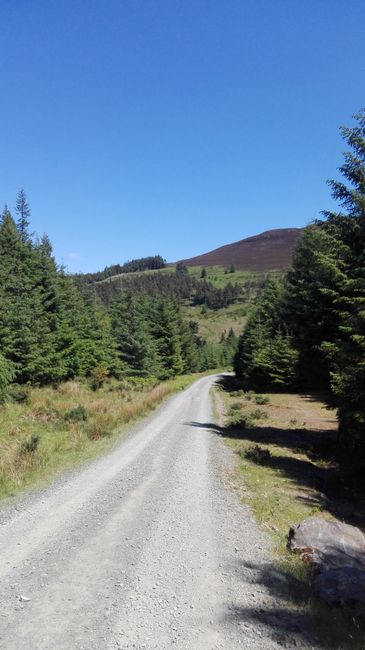
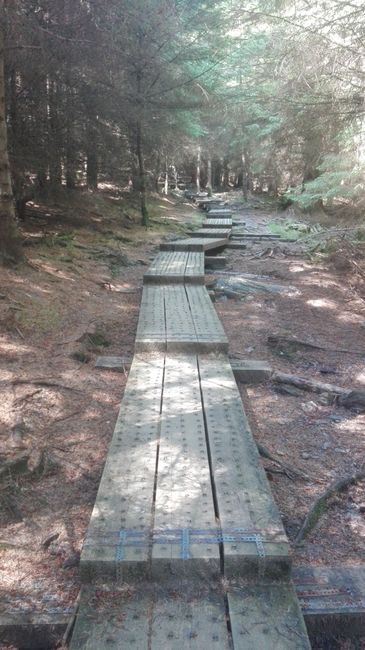
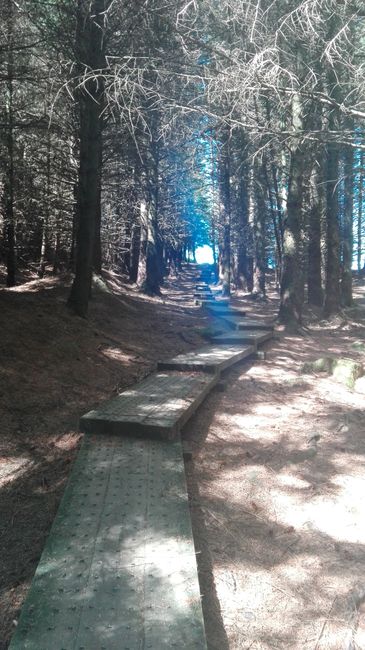
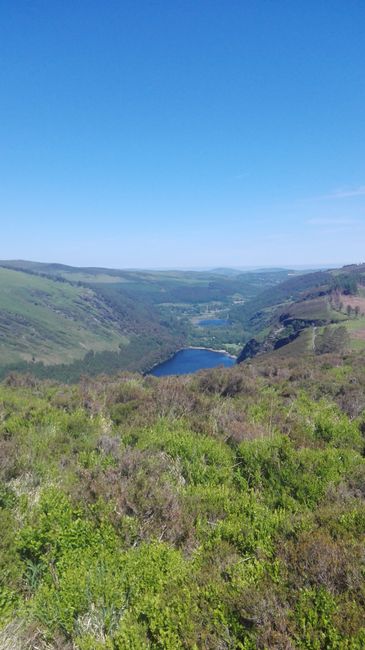
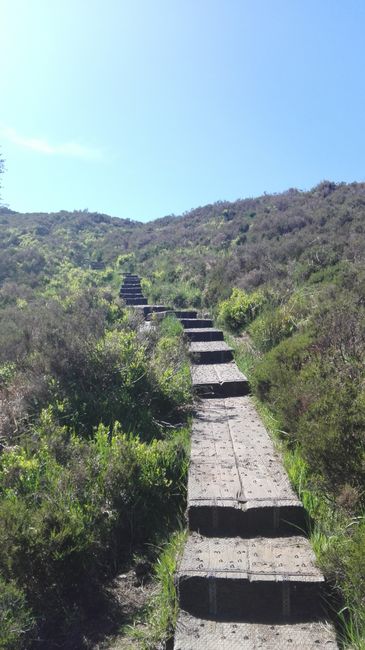
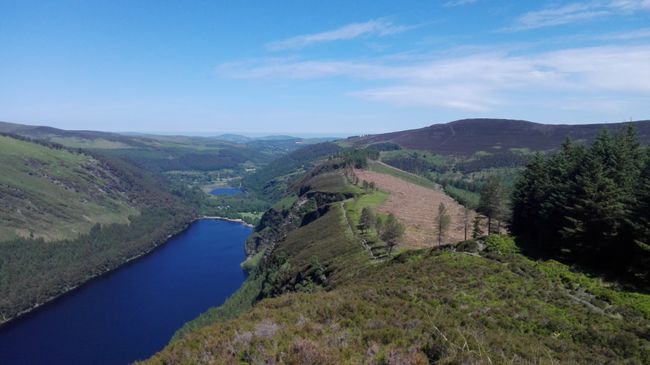
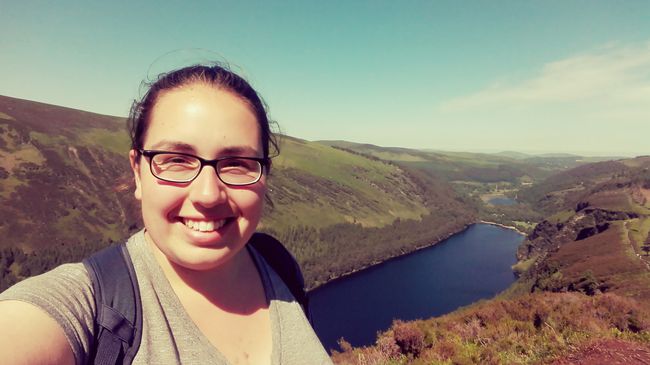
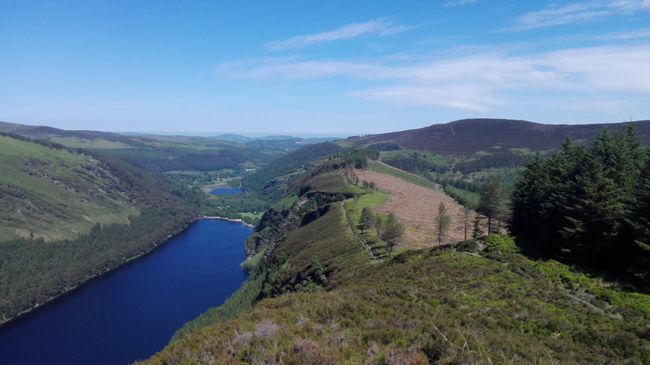
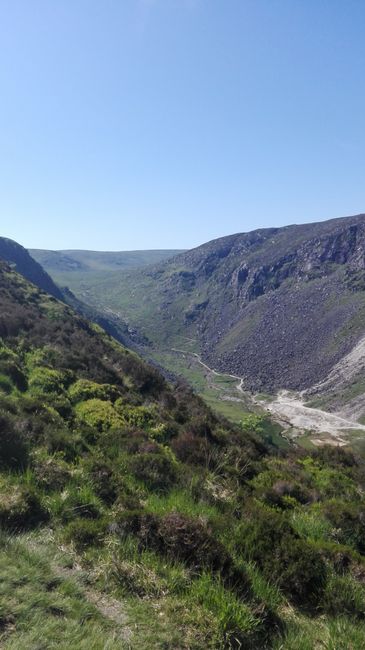
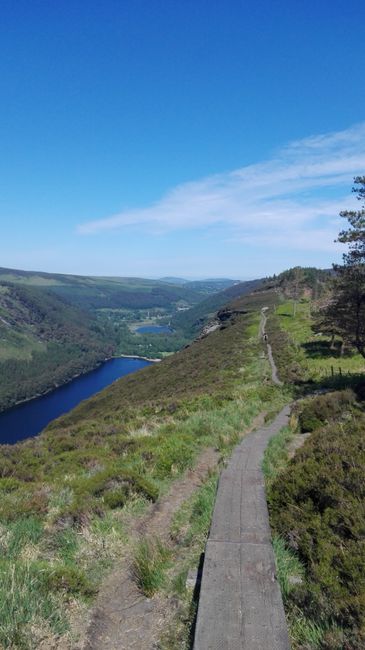
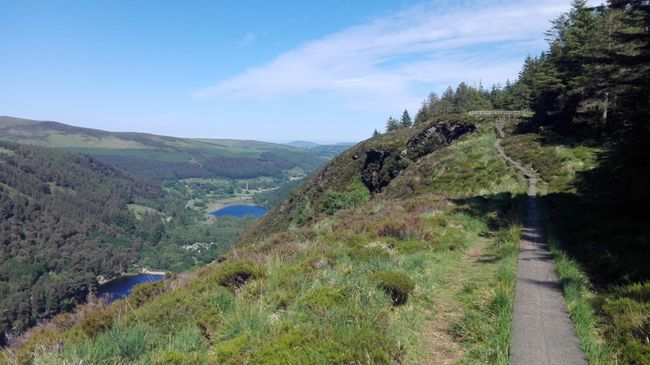
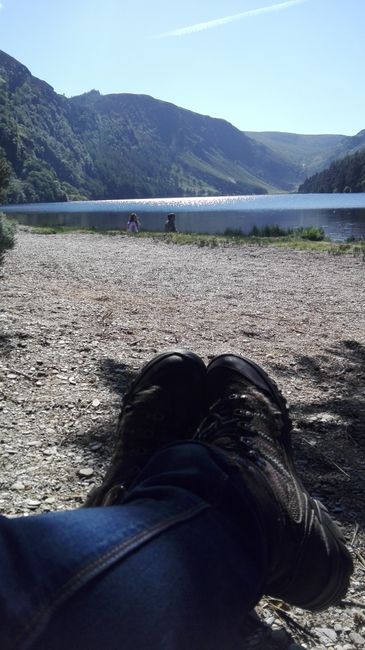
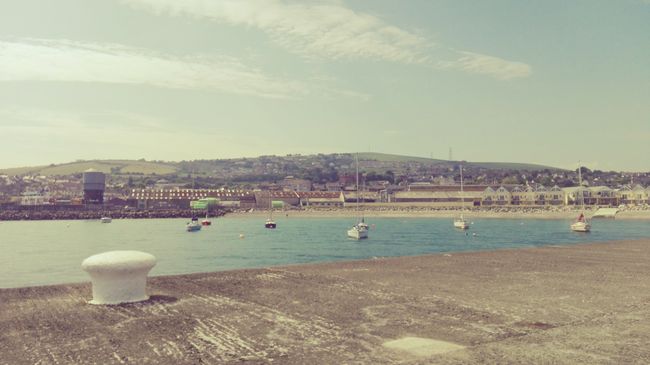
Tilaa uutiskirje
Yes, where else should a backpacker go if not Ireland. A pilgrim Mecca for backpackers. And since I also like to maintain and nurture my mediocrity, I ended up in Dublin three weeks ago. After spending seven hours at what is probably the smallest airport in England (my time management has never been good...), my flight from Exeter arrived late in the evening in Dublin. I spent the night in a dormitory at Isaac's Hostel and had the opportunity to explore Dublin at my own leisure the next day before heading to my next hosts. Sarah and her husband Lassaad live with their three children near Wicklow, the county town of County Wicklow. The couple recently took over a restaurant and are now working a lot, which is why they needed someone to take care of the children. That was me, for three weeks. They live in a small village at the foot of Trooperstown Hill, surrounded by picturesque landscapes. There is nothing else to see in the entire county other than breathtaking landscapes, and that was exactly why I chose it (and of course, the fact that I found a job here also played a role...). Since my arrival, I have been hiking or strolling around the village every day, enjoying the fabulous views that await after each climb. These tours were quite confusing in the beginning because the hiking trails are very different from those in England. In England, if a public footpath points to a meadow, you know that there will be a gate or a small wooden staircase over the hedge that leads to the next field, and I would just climb over it. In Ireland, there are no signs pointing anywhere, and the fields are filled with cows and sheep, so I wasn't always sure which fence I could climb and which one I couldn't. Especially since the Irish have a passive-aggressive style of signage that I am only familiar with from German forests. Since I only have two days off per week and the children come home from school at three o'clock, I couldn't go on long hikes in the first week, but I got to know the surroundings well and got used to the Irish English. Sarah's parents have a company that transports luggage from B&B to B&B while the owners hike the Wicklow Way, a 132km long trail between Dublin and Clonegal. I helped with this in the first week, carrying luggage and getting to know many B&Bs and hostels, which are as common as sand on the beach here. Driving through the beautiful landscape was not only beautiful to look at, but also very educational and entertaining. Sarah's mother speaks with a strong Irish accent, and talking to her at length was very helpful for me. When we had to stop for the second time to let the flock of sheep cross the road, I finally felt like I had arrived in Ireland. My first tour took me to Bray, a small seaside town south of Dublin. There, I spent a lot of time on the rocky beach and enjoyed the bad weather. Despite that, Bray was very beautiful, although it seems to have lost some of its old splendor over the years. Many of the shops and formerly magnificent seaside houses are empty or looking for new tenants. When it cleared up in the afternoon, I made my way to Killruddery House, an estate of the Brabazon family (Earls of Meath, with an "a", very important). The family has been there since 1618, and the 17th-century gardens were beautiful. The 15th Earl of Meath still lives in the house, so only four rooms and the orangery can be visited as part of a guided tour. The fact that the family still lives in the historic estate created a bizarre museum atmosphere between Playdoh clay, television, and a historical book collection, as well as life-size portraits of ancestors. The drums that the great-great-great-grandfather led on the battlefield during the War of the Roses are now used by the children of the lordship to store rubber boots. The orangery with its sculpture collection was the most beautiful. The small, light-filled room smelled strongly of jasmine and is often used for weddings and film shoots. An ancestor of the current earls paid for the orangery by selling one of her tiaras. According to the (for lack of a better term...) guide, Steven Spielberg had just finished filming a Henry James adaptation in the orangery a few days earlier, and in general, Killruddery House is often used for film shoots, such as Becoming Jane, The Tudors, or Far and Away. More impressive than the house, however, were the gardens around the building. These were mainly laid out for the entertainment of guests, to make strolling pleasant. This includes the formal garden with the two ponds, a classic theater, and many sculptures from all over Europe. My favorites were The Angles, a garden that looks like a maze but is supposed to look like duck feet from an aerial perspective. When a company was strolling in the garden, it could dissolve into smaller groups, and people would meet different conversation partners over and over again. Entertainment was thus guaranteed. Also beautiful was the Beech Hedge Pond, a small pond with a fountain, surrounded by large hedges and four sculptures representing the four seasons. Very romantic. Behind it is the 'Wilderness', a landscaped forest that is not trimmed as much as the rest of the garden. The whole thing is surrounded by a so-called Ha Ha, a water ditch that keeps the carefully settled game away from the carefully maintained garden. Because you want to see and show the game, but not have it in the garden. Today, the house is also used for growing fruits and vegetables and for breeding pigs, chickens, and ducks. After all, as befits a noble estate, the pigs welcome the visitors, not the host.
On my second day off, I finally took the opportunity to go hiking and started from my host family's house. I walked for two hours from Laragh to Glendalough, where I wanted to start my hike. In Glendalough, there is the oldest monastery complex in Ireland from the 6th century, with a cemetery, the round tower, various economic buildings, and several churches. I didn't stay there for long because I had to climb The Spinc. The hiking trail to the top of the mountain was very well signposted despite the detour (although I started the wrong way...), and the long ascent was rewarded with a breathtaking view of the lakes. Once at the top, I was able to walk back along the lakes on the seam of the mountain and quickly descended the steep wooden stairs to the Upper Lake. I was glad that I had started in the wrong direction at the beginning and had the beautiful view at the end of the hike and could walk down the steep stairs instead of up. Sometimes a lack of sense of direction helps. I spent a lot of time at the Upper Lake, sitting around and looking up at the mountain I had climbed.
There was exactly one bus from the village that picks up grandmothers from the surrounding area every Thursday and takes them either to Wicklow or Arklow, two small coastal towns. There they can go shopping for two hours, and then the bus goes back. I used the shopping taxi several times to get out a bit and sat on the beach or wandered through the charity shops while the ladies went their own way.
Tilaa uutiskirje
Vastaus
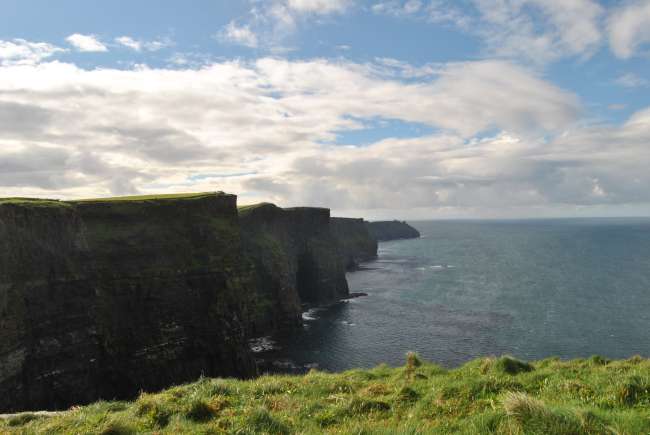
Matkaraportit Irlanti

